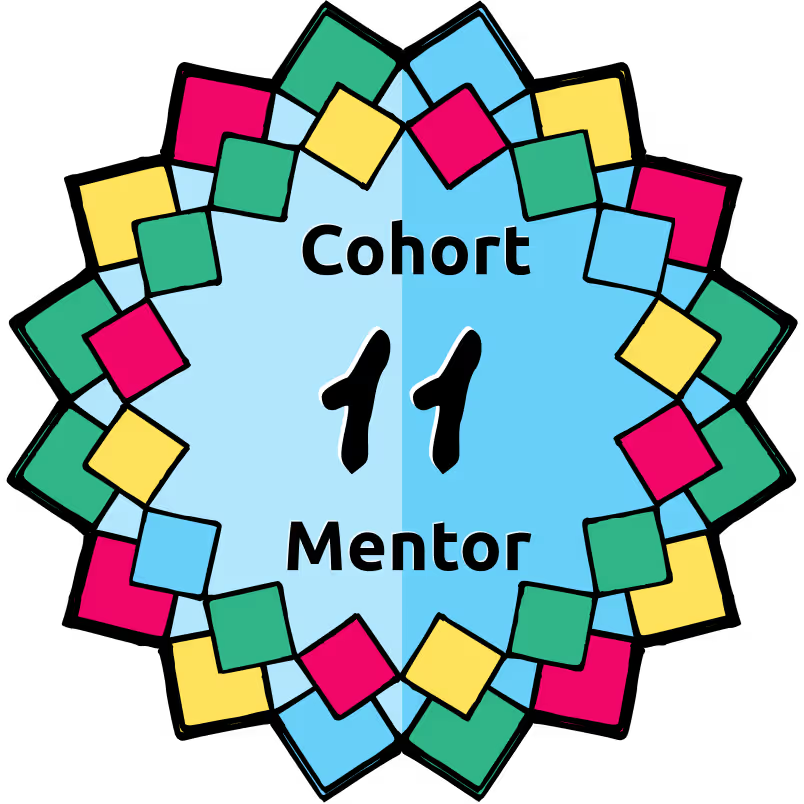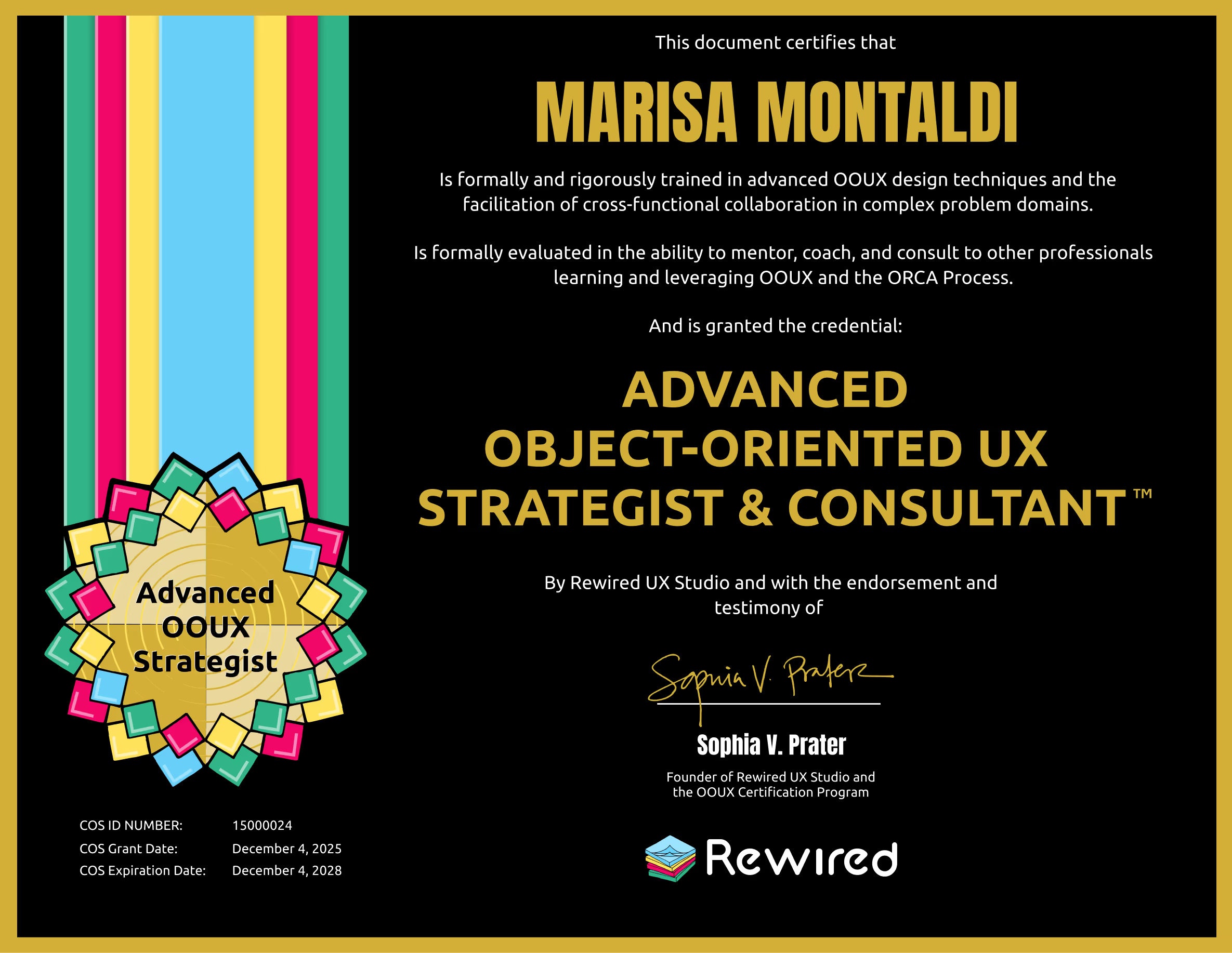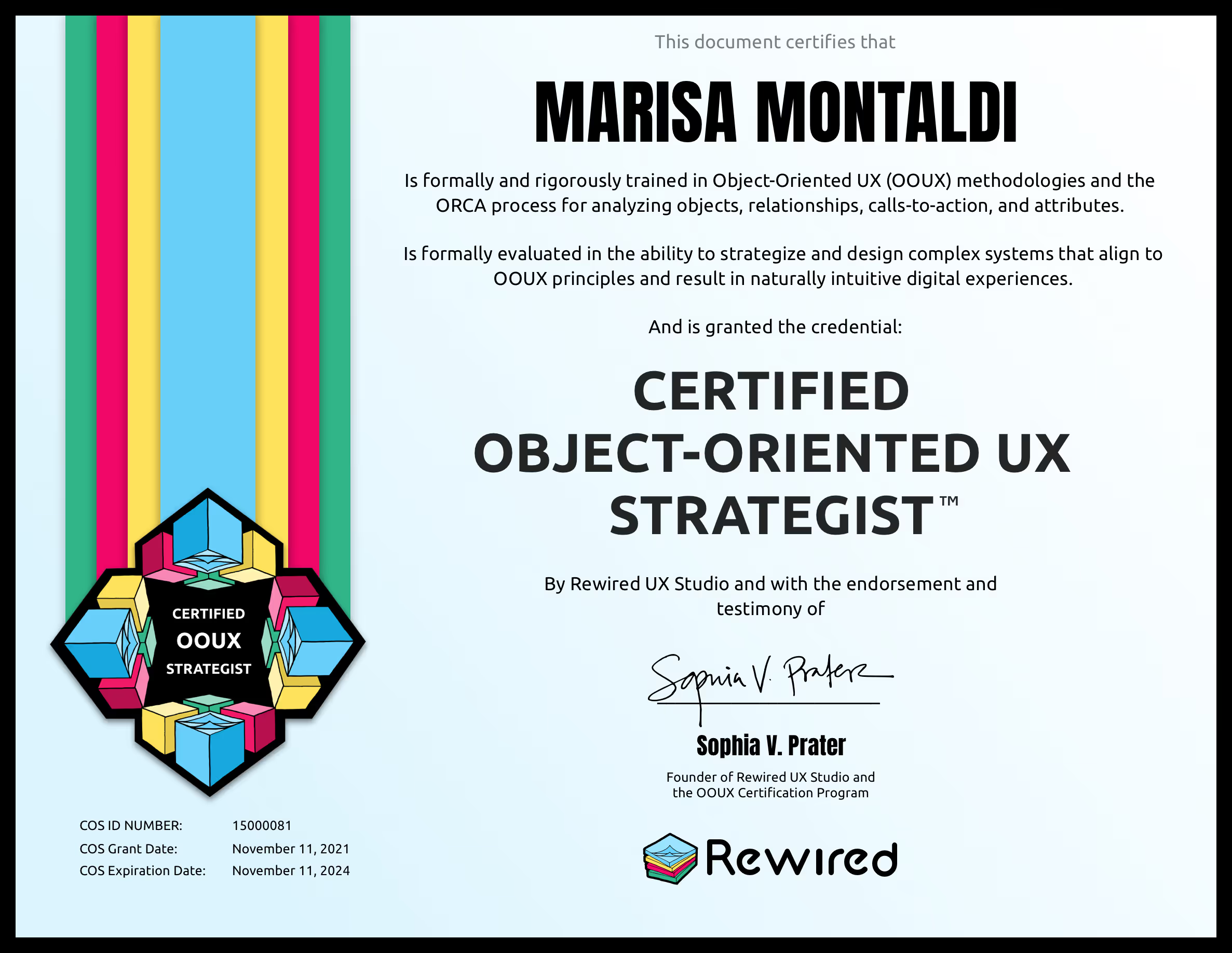Cookie Consent
By clicking “Accept”, you agree to the storing of cookies on your device to enhance site navigation, analyze site usage, and assist in our marketing efforts. View our Privacy Policy for more information.






Marisa spotted the perfectionist in me from the very beginning. It was hard for me to break out of that throughout the entire course, but she was consistent in reminding me to be scrappy and trust the process. She helped me see things from a different perspective and was great at clarifying parts that I was the most confused about. Most of all, I really felt like she was rooting for me and supporting me the whole way through!

From beginning to end, Marisa was the best cheerleader and teacher in one! She asked thought-provoking questions that not only brought me to understanding, but challenged me as well. I find myself referencing her feedback when I'm looking for more understanding and it's gotten me out of the weeds on multiple occasions!

Marisa always went into every question or uncertainty I had during an assignment, took it apart, answered it with a clear rational and, if applicable, even more than one option to consider. This helped me to dive deeper into the areas I felt unsure about, especially during our 1:1 about the requirements round. Her kind words also motivated me to always do my best!

Marisa took the time to go through my assignments thoroughly and offered very thoughtful, insightful feedback.

Finally, a user-centric language for complex systems. As UX practitioners, we often find ourselves accountable for much more than we have influence over. That's not because we're accountable for too much — no — someone must be responsible for the entire, cohesive user experience, and if not us, then who? Rather, it's because our toolkit is woefully under equipped. We're still a young discipline, and while we're trying our best with our wireframes and task flows, entire layers of the final UX are inadvertently determined by buried technical decisions or unrelated business decisions. OOUX closes this gap considerably. Sophia's ORCA process in particular has been relentlessly developed — in the wild! — in a way that encompasses "just enough" technical concepts (reshaped to be user-centric) so that the full user experience can be articulated & collaborated upon across design, development and business in an aligned and approachable user-centric language. This is the single strongest ingredient I have encountered in my career.

The ORCA Discovery Template should be available on as many tools as possible. So here's one for Whimsical, courtesy of Certified OOUX Strategist, Marisa M. 🙌
FYI: This is an affiliate link (we earn a small kickback if you buy).

A super helpful set of ORCA Object Guide worksheets made by Certified OOUXer Marisa M. 🙌 Download them here, then print them out and use them! She even included a helpful Object Guide key to help you make the most of them.
FYI: This is an affiliate link (we earn a small kickback if you buy).


Work through the OOUX Masterclass with a cohort of other professionals. 1-on-1 coaching, personalized assignment reviews, office hours, and small-group study sessions. Finish with a valuable professional certification.
Learn more